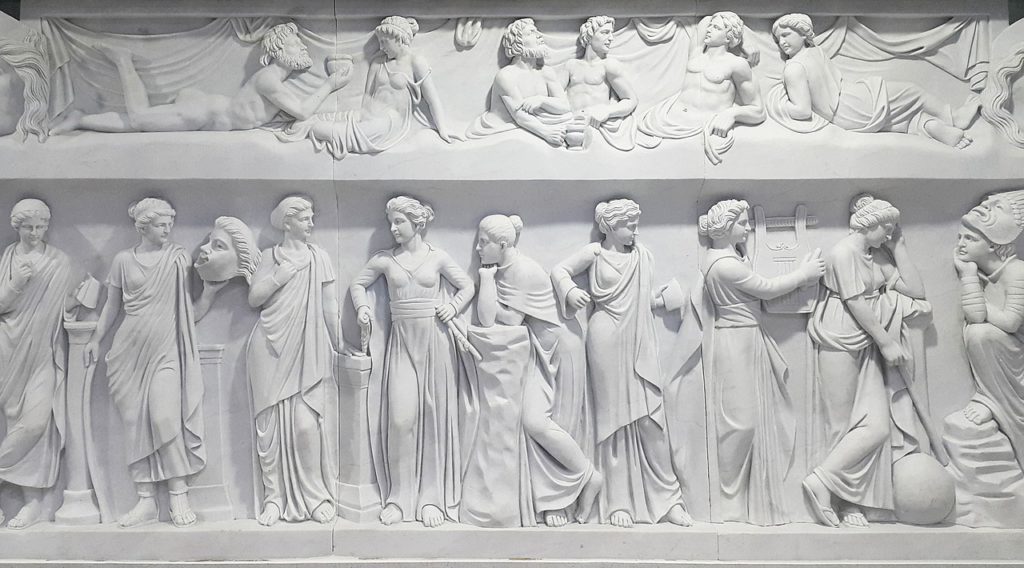Wisdom Begets Stoicism. Stoicism Does Not Beget Wisdom

When a human sees a magic trick, he is enthralled and excited.
When the trick is uncovered, the excitement fades.
Excitement and emotion arise when something is not understood.
As it is understood, one naturally becomes unfazed.
One naturally becomes equanimous.
He does not become equanimous because it is good to be equanimous.
He becomes equanimous because he sees the whole of the thing, without any gaps in his understanding.
The wise man is naturally quiet, subdued, and largely silent.
There is a “stoicism” that washes over him.
But if one attempts the reverse, all things become disordered.
For if one follows the tenets of “stoicism,” he puts the cart before the horse, as they say.
It becomes a heavy-handed and disingenuous affair.
It becomes a doctrine, a rule, characteristics to emulate, an idea to follow . . .
Such things do not lead to a natural way of being.
They do not lead to wisdom.
Any more than following any god or religion leads to enlightenment.
Where there are rules, dogmas, creeds, characteristics, traits, and other things to be adhered to, tried on for size, emulated, or followed, there cannot be naturalness.
Where there are rules, there cannot be Truth.
All great things do not come by way of strategy, method, or goal.
They come by way of Side Effect.
The categorization of things into parts and labels, fractures them into pieces.
The man of Truth is never a man of labels.
He is never a man of categories.
He seeks that which is nameless and formless.
He seeks that which has escaped the meddling hands of society.
To be stoic can be natural and true.
But the moment one tags it with an “ism, it becomes false.
For this suffix is a weight that the root word was not meant to bare.
The man who naturally arrives at becoming stoic is likely to have found wisdom.
The one who Tries to be stoic . . .
The one who follows the tenets of “stoicism,” . . .
Chases a ghost.
This applies to all -isms.
Buddha was real, genuine, and true.
Buddh-ism is an also-ran.
The wise man seeks the Original, or nothing.
For his is not a life that was meant to accommodate “rules,” no matter how proper or lofty they may sound.
The one who does not see can never understand the one who has seen.
Thus, the dramatic, emotional, and temperamental individual will view the “stoic” man as a stone.
As irony would have it, this “stone” of a man is far more available to life and to human beings than the temperamental man could ever be.
Why?
Because the temperamental man views all things through a narrow and clouded lens. Thus, he is forever dependent upon hope and fear.
The equanimous or “stoic” man sees the whole.
Thus, there is nothing that can come that can surprise him.
If a man seeks the nucleus of things . . .
If he wishes to see directly into the heart of things . . .
He will have no need for the loft and pomp.
For in seeing things precisely as they are.
He will begin to see precisely the Seer who sees them.
Namaste.
Kapil Gupta is a personal advisor to Kings, Queens, CEO’s, Professional Athletes, Celebrities, and Performing Artists around the world.
His books include:
Atmamun: The Path To Achieving The Bliss Of The Himalayan Swamis. And The Freedom Of A Living God
A Master’s Secret Whispers: For those who abhor the noise and seek The Truth about life and living
Direct Truth: Uncompromising, non-prescriptive truths to the enduring questions of life